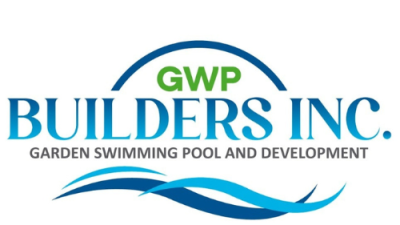Embarking on pool development is an exciting venture that promises endless enjoyment and adds significant value to your property. However, navigating the waters of pool construction involves more than just aesthetic considerations and choosing the right contractor. Hidden costs can emerge, impacting your budget and overall project timeline. Understanding these unforeseen expenses is crucial in preparing your finances for a smooth pool development process. From permits and preparation work to maintenance and unexpected challenges, this article dives deep into the financial aspects of pool development, offering insights and advice on identifying and managing hidden costs. Whether you’re dreaming of a serene backyard oasis or a lavish entertaining space, being financially prepared ensures your pool project flows as smoothly as the tranquil waters you aim to create.
Identifying Hidden Costs in Pool Development Projects
Diving into a pool development project comes with its share of surprises, especially when it comes to hidden costs that aren’t immediately obvious. Beyond the basic expenses of construction and installation, there are often unforeseen financial obligations such as soil excavation complications, which might require additional work if the ground isn’t stable. Permits and inspections can also add to the cost, varying significantly depending on local regulations. Furthermore, the need for additional landscaping or fencing for safety and privacy can increase the budget unexpectedly. Being aware of these potential hidden costs from the outset can help you create a more accurate budget, ensuring you’re not caught off guard as your dream pool takes shape.
Budgeting Tips for Successful Pool Development
Crafting a realistic budget is key to navigating the financial waters of pool development successfully. Start by getting detailed quotes from several contractors to understand the scope and potential costs. Don’t forget to include a buffer of at least 10-15% for unexpected expenses that arise during construction. It’s also wise to explore financing options early on, whether it’s through savings, a home equity loan, or a pool financing company. Prioritizing features that offer the most enjoyment and value for your investment can also help stretch your budget further. By planning financially and anticipating the various costs involved, you can ensure your pool project doesn’t drain your resources.
Long-term Financial Considerations of Pool Ownership
Owning a pool development is a commitment that extends beyond the initial development phase, encompassing ongoing maintenance and operational costs. Regular chemical balancing, and equipment upkeep are essential to keep your pool in pristine condition but can add up over time. Additionally, increased utility bills for water and electricity to operate the pump and heater are important to factor into your long-term budget. Investing in energy-efficient equipment and considering a pool cover to reduce evaporation and heat loss can offer savings in the long run. Understanding and planning for these ongoing expenses will help ensure that your pool remains a source of joy rather than a financial burden.


